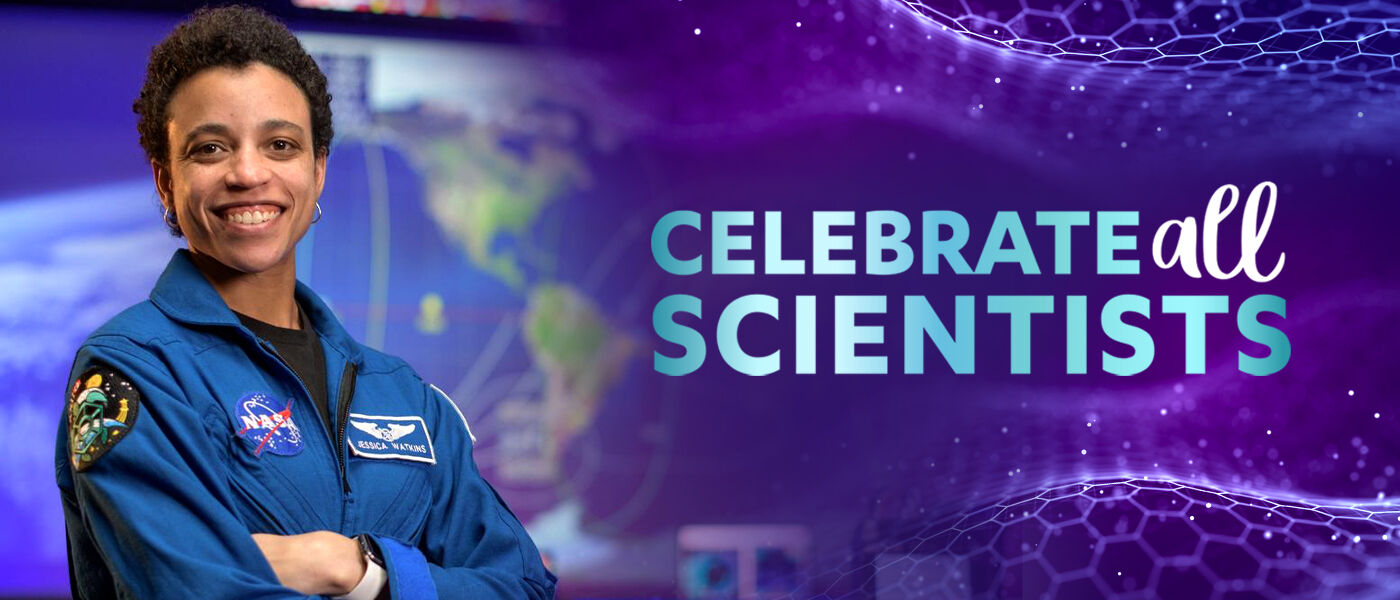Celebrate All Scientists: Jessica Watkins

February is Black History Month, and today LSC celebrates NASA astronaut Jessica Watkins!
In April, Jessica Watkins is scheduled to become the first Black woman on an extended mission to space.
She’s not the first Black woman in space. That honor goes to NASA astronaut Mae Jemison, the mission specialist for the space shuttle Endeavor’s September 1992 flight. Three other Black women have gone to space since then, but Jessica Watkins will be the first to live in space for such an extended period: six months aboard the International Space Station.
"I think it's important to recognize this as a milestone for our agency and for our country, as well, to know that we are building on the foundation that was laid by the Black woman astronauts who've come before me," said Watkins, speaking to NPR’s Morning Edition. "I'm definitely honored to be a small part of that legacy, but ultimately be an equal member of the crew."
She’ll be observing and imaging Earth from space, particularly its geological features. "We can look through the windows and take awesome pictures. And it allows us to track changes over time and to see features that we're not able to see from other assets that we have," Watkins said.
She’ll also take part in experiments dealing with Earth and space science, as well as biology, along with the rest of the crew. Since she’ll be staying aboard for such a long time, she’ll even have to study her own physiology, to learn more about how humans are affected by living in space for extended periods.
Watkins is also part of NASA’s Artemis program, an effort to return humans to the moon well before the end of this decade. As a child, she dreamed of exploring space. Later, she developed a passion for geology, which helped her achieve her childhood dream: She received a call from NASA in 2017 to become a planetary geologist with the Artemis Team.
"I got the phone call (asking me if I) want to come down to Johnson Space Center," she told The Gazette. "It was really quite a moment of realizing that (childhood) dream."
The International Space Station, meanwhile, is expected to be retired in 2031, at which time it’ll plunge into the Pacific Ocean. But for now the ISS continues to welcome talented scientists like Watkins aboard to learn all they can about our place in space.
